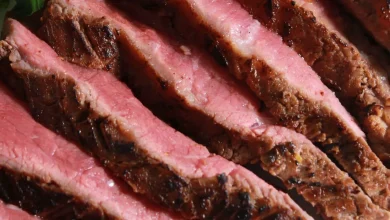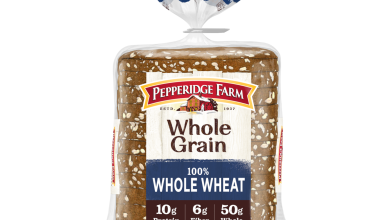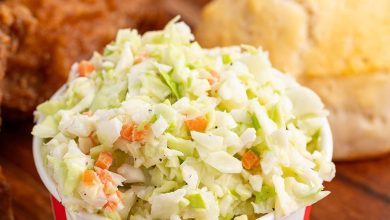Nutrient-Packed Raw Horse Meat: Benefits, Nutritional Info & Dietary Guide
Game Meat: Raw Horse
Game meat, particularly raw horse, is a unique and lean source of protein that is often favored for its rich flavor and nutritional profile. It is a specialty in various cuisines, where it is prepared in different ways to highlight its tender texture and gamey taste. As a game meat, it stands out not only for its distinctive flavor but also for its impressive array of nutrients.
Nutritional Information (Per 100g)
| Nutrient | Amount |
|---|---|
| Energy | 133.0 kcal |
| Protein | 21.39 g |
| Total Fat | 4.6 g |
| Saturated Fat | 1.44 g |
| Carbohydrates | 0.0 g |
| Fiber | 0.0 g |
| Sugar | 0.0 g |
| Calcium | 6.0 mg |
| Iron | 3.82 mg |
| Magnesium | 24.0 mg |
| Phosphorus | 221.0 mg |
| Potassium | 360.0 mg |
| Sodium | 53.0 mg |
| Zinc | 2.9 mg |
| Copper | 0.144 mcg |
| Manganese | 0.019 mg |
| Selenium | 10.1 mcg |
| Vitamin C | 1.0 mg |
| Thiamin (Vitamin B1) | 0.13 mg |
| Riboflavin (Vitamin B2) | 0.1 mg |
| Niacin (Vitamin B3) | 4.6 mg |
| Vitamin B6 | 0.38 mg |
| Folate | 0.0 mcg |
| Vitamin B12 | 3.0 mcg |
| Vitamin A | 0.0 mcg |
| Vitamin E | 0.0 mg |
| Vitamin D2 | 0.0 mcg |
Allergen Information
Horse meat, like most animal-based proteins, is generally safe for individuals without specific allergies to meats. However, people with allergies to other types of meat (such as beef or pork) should be cautious when trying game meat, as cross-contamination is possible during preparation. It is recommended to check the source of the meat and confirm that it is processed in a facility that adheres to proper allergen management practices.
Dietary Preferences
Horse meat is an excellent choice for those seeking high-protein, low-fat alternatives in their diet. It fits well within various dietary preferences, including:
- Paleo: Horse meat, being a natural source of protein and free from processed ingredients, fits well with the Paleo diet.
- Keto: With its minimal carbohydrate content, horse meat can be a beneficial addition to a ketogenic diet.
- Gluten-Free: Like all meat, horse meat is naturally gluten-free, making it suitable for individuals with gluten sensitivity or celiac disease.
- Low-Fat: For those looking to reduce their fat intake, horse meat provides a lean source of protein with relatively low levels of fat, especially saturated fats.
Health Considerations and Advice
Incorporating raw horse meat into your diet should be done with caution. It’s essential to ensure that the meat is sourced from a reputable supplier, as raw game meats can carry the risk of pathogens such as E. coli or Salmonella. If preparing raw dishes, such as steak tartare, always verify that the meat is fresh and has been handled according to food safety guidelines to reduce health risks.
Horse meat is rich in essential nutrients, including iron, phosphorus, and potassium. The high protein content supports muscle repair and growth, while the iron helps with oxygen transportation in the blood. Zinc, selenium, and magnesium further contribute to immune function and overall well-being. Additionally, the B-vitamins present, particularly B12 and niacin, play a key role in energy production and metabolic function.
For those with a taste for game meats, horse offers a nutritious and flavorful option. It is important to balance its consumption with other nutrient-dense foods, as part of a varied and well-rounded diet.
Conclusion
Raw horse meat, although uncommon in many parts of the world, provides a rich source of lean protein and a range of vital minerals and vitamins. Its low carbohydrate and fat content make it an appealing choice for various dietary plans, from Paleo to keto. Whether you’re considering it for its unique flavor or its health benefits, it is essential to source high-quality, safe meat for consumption. Always consult with your healthcare provider or nutritionist to determine if game meats like horse fit into your specific dietary needs.








